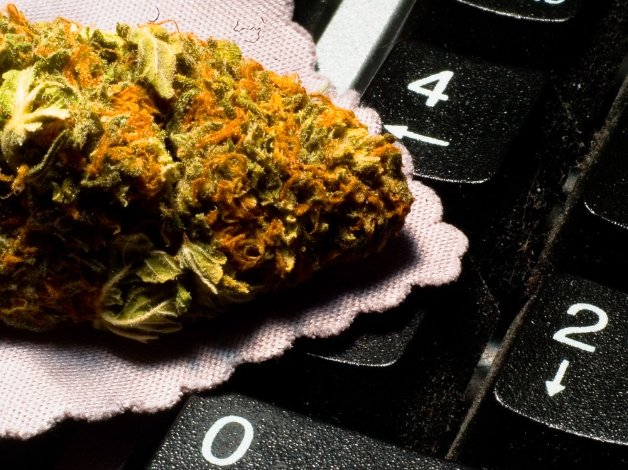Cannabis use during pregnancy has been a topic of growing concern among health professionals. Recent studies have highlighted potential risks to a baby’s brain development when exposed to cannabis in the womb. Brain imaging of children exposed to cannabis has shown patterns that suggest reduced brain inflammation, which could interfere with the natural process of neural pruning. This article delves into the findings and implications of these studies, providing a comprehensive overview of how prenatal cannabis exposure might affect a child’s brain development and mental health.
The Impact on Brain Development
Recent research has shown that cannabis use during pregnancy can significantly impact a child’s brain development. Brain imaging studies have revealed that children exposed to cannabis in the womb exhibit reduced brain inflammation. This reduction in inflammation might sound beneficial, but it can actually disrupt the natural process of neural pruning. Neural pruning is essential for healthy brain development as it helps eliminate unnecessary neural connections, allowing the brain to function more efficiently.
Moreover, the disruption in neural pruning can lead to long-term consequences. Children exposed to cannabis in utero may face challenges in cognitive functions and mental health. The altered brain development could result in difficulties with learning, memory, and behavior. These findings underscore the importance of understanding the potential risks associated with cannabis use during pregnancy and the need for further research to explore the full extent of these effects.

Mental Health Implications
The mental health implications of prenatal cannabis exposure are another area of concern. Studies have indicated that children exposed to cannabis in the womb are at a higher risk of developing mental health issues later in life. These issues can range from anxiety and depression to more severe conditions such as schizophrenia. The exact mechanisms behind these associations are still being studied, but the evidence suggests a strong link between prenatal cannabis exposure and mental health disorders.
One possible explanation for this link is the impact of cannabis on the developing brain’s endocannabinoid system. This system plays a crucial role in regulating mood, stress response, and overall mental health. Disruption of this system during critical periods of brain development could predispose individuals to mental health issues. As research continues, it is essential for healthcare providers to educate expectant mothers about these potential risks and encourage them to discuss alternative options with their doctors.
Recommendations for Expectant Mothers
Given the potential risks associated with cannabis use during pregnancy, healthcare professionals strongly advise against its use. Expectant mothers should be aware of the possible long-term effects on their child’s brain development and mental health. It is crucial for pregnant women to have open and honest conversations with their healthcare providers about any substance use, including cannabis.
Healthcare providers can offer guidance on safer alternatives for managing symptoms such as nausea or anxiety during pregnancy. Additionally, public health campaigns should aim to raise awareness about the risks of prenatal cannabis exposure and provide resources for expectant mothers seeking support. By prioritizing the health and well-being of both the mother and the child, we can work towards reducing the incidence of prenatal cannabis exposure and its associated risks.



